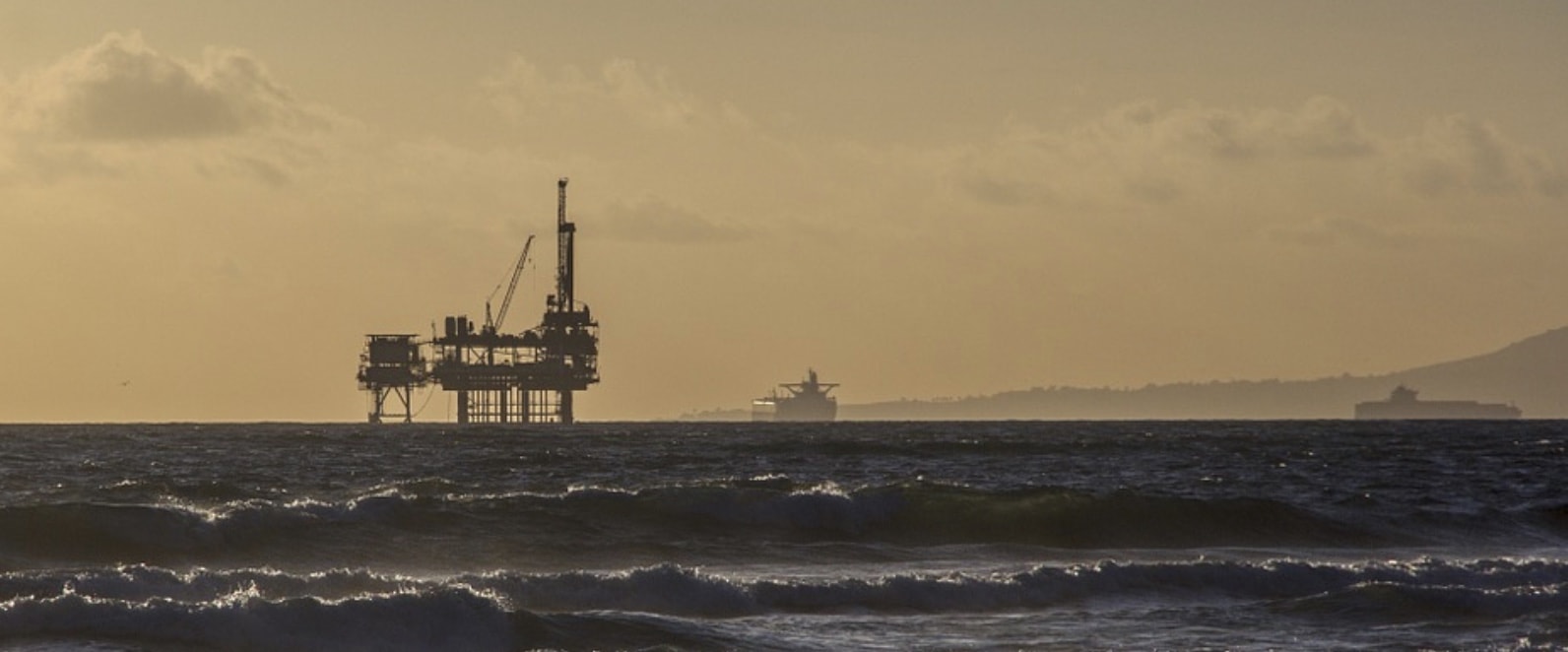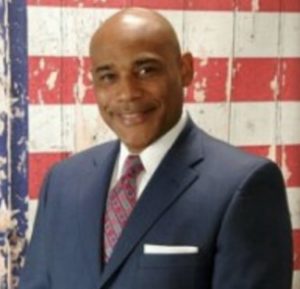
29 Aug 2018 Green Protests Create Energy Crisis for Black Families
 In addressing how a disproportionate “energy burden” afflicts many poor and minority households, Project 21 member Derrick Hollie criticized establishment environmental activists and the politicians who follow their lead in a commentary that was published by the Daily Press newspaper serving the Newport News region of southern Virginia.
In addressing how a disproportionate “energy burden” afflicts many poor and minority households, Project 21 member Derrick Hollie criticized establishment environmental activists and the politicians who follow their lead in a commentary that was published by the Daily Press newspaper serving the Newport News region of southern Virginia.
In noting how offshore oil exploration in the region is being targeted by protests, Derrick wrote:
[T]hose protestors don’t speak for me. Perhaps those people can afford to pay higher monthly bills, but by opposing offshore drilling they are widening the gap between income and affordable energy that already exists. It’s easy to protest something when you have the means to do so, but don’t act like you care about others when your protests blatantly oppress an already oppressed group of people.
Derrick, who also serves as president of Reaching America, pointed out that “utility prices mean a great deal to minorities and people of color.” In explaining the disparate energy burden, he wrote:
That’s because even if two households similar in size use the same amount of energy, and therefore receive the same monthly bill, it ends up hurting minorities and people of color who make less. The same concept applies for the price of gasoline at the pump, groceries and many other household needs.
We have to acknowledge a real problem in America: that some minorities and families of color are forced to purchase cheaper products, keep their homes too hot or too cold, and buy food that may not always be fresh so they can make their budgets work. Sometimes they can’t afford to do them all at the same time.
Recalling a recent visit to Louisiana’s Port Fourchon as an example of how energy production can work safely and symbiotically with other interests such as fishing and military operations that are also important to southern Virginia, Derrick wrote, “I know it works – it’s happening.”
He added:
Producing more energy here in America will make energy prices go down, or at least keep them stable in the near future. That’s why the first step should be approving seismic testing and initiating a discovery phase off Virginia’s coast.
In light of this information, it strikes me incredibly odd that many local elected officials… are opposed to offshore drilling.
To read Derrick’s commentary in its entirety, click here.
 Similarly, in its new “Blueprint for a Better Deal for Black America,” the Project 21 black leadership network recommends that government conduct a “Minority Impact Assessment… on every new major federal regulation detailing ALL positive and negative effects of the proposed regulation (impact on job growth, home ownership, wages, consumer prices, etc.); contrasting these impact findings with the impact on the population as a whole; listing one or more alternative approaches that can be taken having a less negative impact on minority communities and including a clear determination of whether the regulation would have an overall negative impact on minority communities.”
Similarly, in its new “Blueprint for a Better Deal for Black America,” the Project 21 black leadership network recommends that government conduct a “Minority Impact Assessment… on every new major federal regulation detailing ALL positive and negative effects of the proposed regulation (impact on job growth, home ownership, wages, consumer prices, etc.); contrasting these impact findings with the impact on the population as a whole; listing one or more alternative approaches that can be taken having a less negative impact on minority communities and including a clear determination of whether the regulation would have an overall negative impact on minority communities.”
In recognizing that new rules that may come about from protests such as the ones in southern Virginia that could limit energy opportunities, Project 21 explained in the Blueprint that excessive regulation “stifles economic growth and has a disproportionate negative impact on small businesses.” Furthermore, it “drives up consumer prices and diminishes job opportunities [and] raises consumer prices.”
To see more about Project 21’s “Blueprint for a Better Deal for Black America,” click here.



